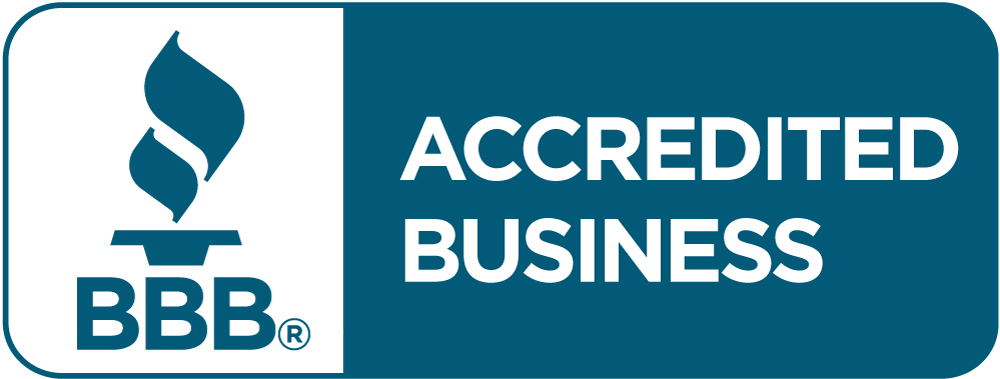Quick Links
ToggleThe business world can be unpredictable, and when you find yourself short on cash, being able to quickly access financing could be a game-changer. Understanding credit evaluation and the factors influencing loan approval can help you position yourself as a qualified borrower, making it easier to get funding when you need it.
Whether you’re looking for a loan right now or want to prepare for future financial needs, being proactive about your creditworthiness can help ensure the borrowing process goes smoothly. Here’s a brief overview of what you need to know about creditworthiness and how it can influence your business’s financial future.
What is Creditworthiness?
In simple terms, creditworthiness is a measure of how lenders perceive your reliability as a borrower. During a creditworthiness evaluation, the lender reviews information about you and your business to determine whether you’re likely to pay back the money you’ve borrowed and make your payments on time.
When you have a high creditworthiness rating, lenders believe you are a safe bet and are more willing to lend money to you. However, if your creditworthiness is questionable, you may have difficulty securing funding and may be charged a higher interest rate compared to other borrowers.
Creditworthiness Evaluation: Navigating the Lender’s Assessment Process
The process of securing business financing can seem daunting, particularly when you’re not exactly sure how lenders determine whether you’re a good credit risk. While knowing your credit score is a good start, there’s actually more to it. Lenders consider a combination of factors to get a comprehensive view of your financial habits and business health. This typically includes evaluating each of the factors below.
Personal Credit Score
Your personal credit score is a number that indicates your creditworthiness based on your personal credit history. This number is influenced by factors such as your payment history, credit utilization, length of credit history, types of credit accounts, and recent inquiries for new credit.
Lenders view your personal credit score as a reflection of your financial responsibility. A higher score indicates a history of on-time repayments and responsible borrowing. This can reassure lenders that you’re able to manage your financial obligations and are likely to repay the loan without any issues.
While your personal credit score is the primary determining factor for many types of loans, some lenders put less emphasis on it. For example, Zinch checks your personal credit score, but it doesn’t play a major role in the approval process. This can be a significant benefit for business owners who have a less-than-ideal credit history or have not had time to establish strong personal credit.
Business Credit Score
A business credit score represents the creditworthiness of a business. It’s based on the business’s credit history, including timely payments to creditors, suppliers, and contractors. A business credit score also factors in the amount of outstanding debt, and the length of credit history.
This score provides lenders with insights into how a business manages its financial obligations. A high business credit score indicates that the business has a history of honoring its financial commitments while a low score may indicate past financial challenges.
Time in Business
Typically, a business that has been operating for a longer period of time can be seen as more stable, since it’s likely to have weathered a variety of economic conditions and industry changes. A longer time in business also gives lenders more historical data to review, which can offer a clearer picture of the company’s financial trajectory.
When it comes to time in business, every lender is different. Some may require several years in business before considering a loan approval. Others, like Zinch, require businesses to have been in operation for a minimum of six months.
Revenue and Financial Statements
Lenders often want to see financial statements that reflect the company’s revenue history and financial activities. Consistent revenue can help prove a company’s financial stability and having a sufficient amount of revenue shows that you have the resources to repay your loan. Reviewing business account statements also allows the lender to take a deeper dive into your company’s financial behavior. While some lenders require extensive documentation, others request only a few basic statements.
Available Collateral
The term “collateral” refers to assets that are pledged to secure a loan. If a borrower defaults, the lender can take possession of the collateral as a form of repayment. Having assets available to pledge as collateral could increase the likelihood of getting approved for a loan.
However, not all loans require collateral. For example, Zinch offers merchant cash advances and short-term loans with no collateral required. This can be an attractive option for businesses that do not want to tie up their assets or put them at risk.
Tips for Improving Your Creditworthiness
Boosting your creditworthiness doesn’t have to be complicated. A few simple changes can make you more attractive to lenders. Here’s what you can do:
- Always pay your bills on time
- Try to use less than 30% of your credit limit
- Be careful applying for new credit accounts, this can drop your score
- Keep old accounts open, this can show a longer and more stable credit score
- Check your credit reports and report any errors right away
- Limit your debt, less debt means you’re less risky to lenders
Take the Next Step in Your Financial Journey
Now that you understand the lender’s assessment process and the factors that determine creditworthiness, you’re one step closer to securing the funding you need. Keep in mind that some lenders, like Zinch, focus on business revenues rather than personal credit history. This can be a significant benefit for business owners with credit challenges.
To learn more about how Zinch can help with your business financing, contact us at (714) 500-6622. You could qualify for up to $250,000 in just 24 hours.










